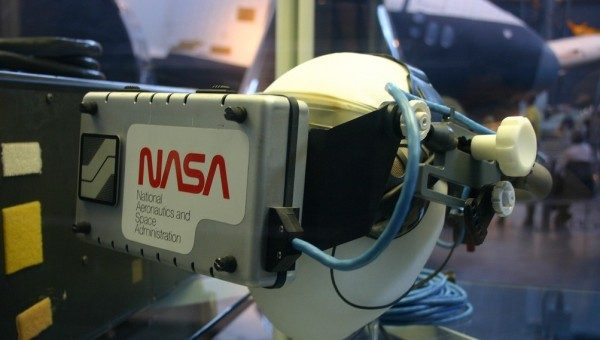
This sounds like a simple question, but it is one that I’ve been meaning to discuss. Without a foundation, everything we talk about on this site is more or less floating somewhere in abstract space. To ground the subject, and to truly understand it, we must ask and define: what is virtual reality?
While the contemporary answer to the question, “what is virtual reality”, usually involves head mounted displays and computers, I think a more objective definition of virtual reality is necessary. When it comes down to it, virtual reality is no individual piece of technology; often it is produced with a synthesis of many technologies, but at a fundamental level virtual reality is nothing more than tricking the senses. You can literally build your (virtual) reality from scratch once you can trick the senses convincingly.
Yes, this definition is broad and will need some additional terminology to specify the many different types of virtual reality that are out there, but I think this definition is necessary. After all, while it might be possible to achieve VR with certain technology, there is no single, definitive component.
Take for instance a binaural recording recording. If you listen with headphones on and close your eyes, the sound is such that people are right there in the room with you. Your better judgement tells you that there is no one in the room moving around you, but thanks to the cues provided to your brain you can precisely locate these virtual people in the room around you — no head mounted display necessary.
Conversely, we can achieve VR even without any audio. People who have used HMDs say that when standing on the edge of a cliff and looking down, they get the same sensation as if they were doing it in real life (the effect is enhanced with proper head tracking and a wide field of view). They know that they aren’t standing on the edge of a cliff, the but brain’s visual channel has been fooled into perceiving this virtual feeling of height, and the rest of their body responds as though it is real — including holding their arms out to their sides for balance.
We should not restrict the definition of virtual reality to certain technology because VR is entirely independent of any equipment. The only thing you need to experience virtual reality is a brain. In fact, the brain is capable of providing the world’s most immersive virtual reality experience (for now, anyway). Many nights I’ve had lucid dreams which included much flying and a vivid ‘free fall’ feeling in my stomach. It’s the same feeling I get when I’m on a rollercoaster. And let me tell you, flying to the top of skyscrapers and then jumping off of them (in my dreams) can’t be matched by any current VR technology.
The brain is really the ultimate key to VR. It is how we know the world. We can create things that we think are real that do not actually exist, so long as we can find ways to sufficiently deceive our senses — and the act of doing so is what we call virtual reality.
Addendum: A useful approach to talking about the ‘immersiveness’ of a VR system would be based on which senses are being tricked and how many. Obviously a single-sense VR system (ie: sight) wouldn’t be as immersive as a two-sense VR system (ie: sight and sound), and both would be inferior comparison to a three-sense system (ie: sight, sound, and touch) — and so on. This isn’t a definitive method of ranking immersion — as one HMD might be better than another at tricking our sight than another — but it is a very easy way to at least get a rough comparison of the immersion of two difference systems. For example, if we use the five normally recognized human senses (sight, sound, touch, taste, and smell), Project Holodeck would be considered a 4-sense VR system as it actively works to trick all senses but taste. On the other hand, a setup that only uses an HMD would be a 1-sense VR system.






